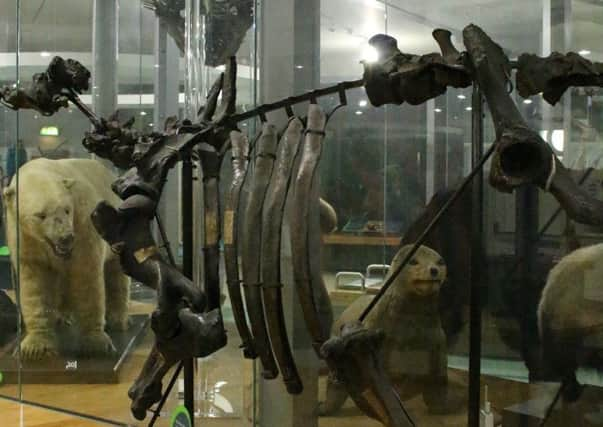The strange case of the 130,000-year-old mammal bones found in... Armley, Leeds


Around 130,000 years ago, a now extinct species of the huge mammal lived in what was, at that time, a much warmer Leeds.
The animals died out, but in 1851, workmen digging clay in a brick field unearthed a series of massive bones, which they quickly realised didn’t belong to any human or animal alive at the time.
Advertisement
Hide AdAdvertisement
Hide AdThe workmen took their incredible find to Henry Denny, curator of the Leeds Philosophical and Literary Society Museum, who proclaimed them to be bones of the Great Northern Hippopotamus.
He then visited the site himself, uncovering more specimens including a number of bones and teeth which he later surmised belonged to three hippopotami, an elephant and an extinct species of wild ox known as an aurochs, which is the genetic ancestor to all modern cattle and the American bison.
Later research confirmed the animals as Hippopotamusamphibius, Elephas primigenius and Bos primigenius.
After being dated using one of its teeth, the hippo was estimated to be from 130,000 to 117,000 years ago.
Advertisement
Hide AdAdvertisement
Hide AdNow proudly on display at Leeds City Museum, the hippo is the most northerly specimen of its kind found in the UK.
Hippo skeletons are common, but usually only as partial remains, making the Leeds specimen very rare.